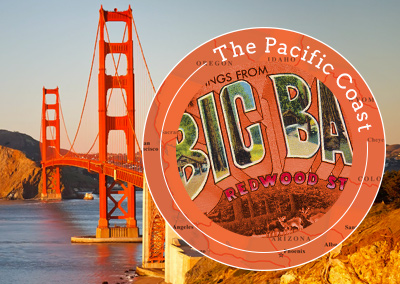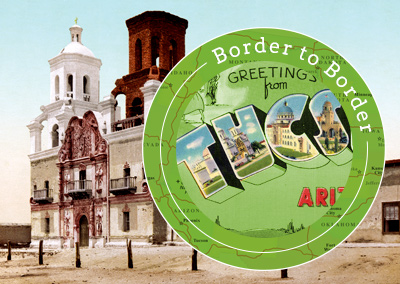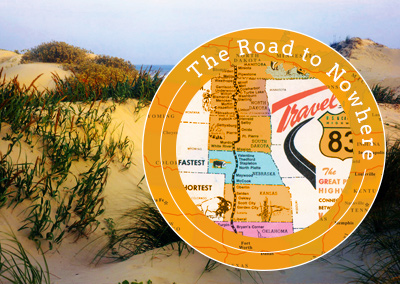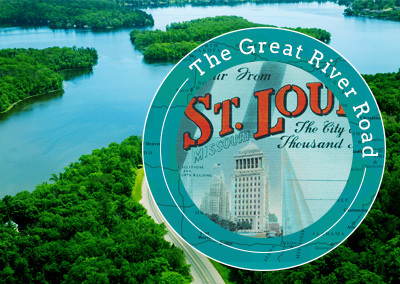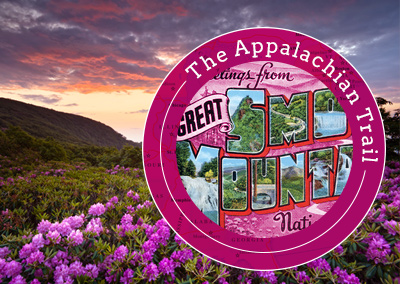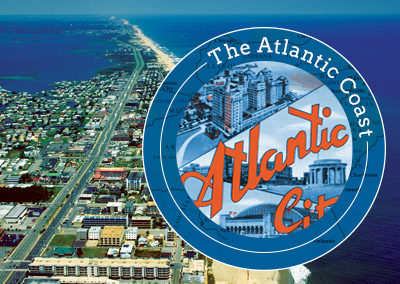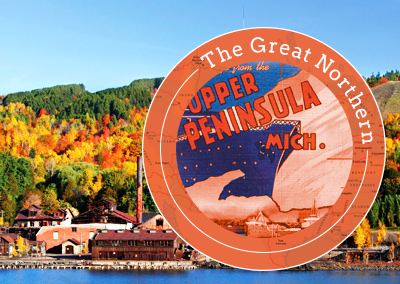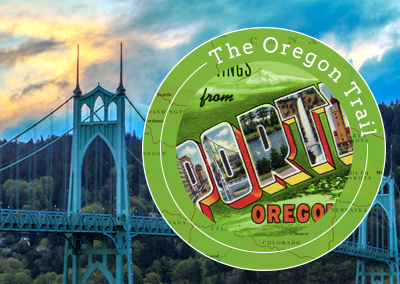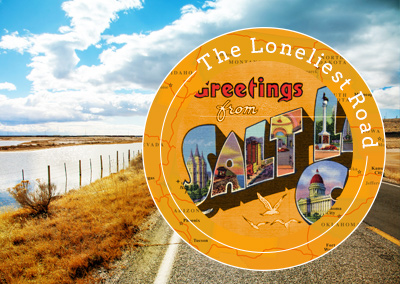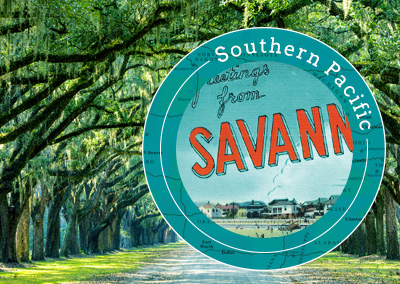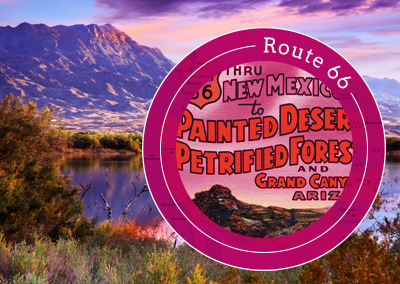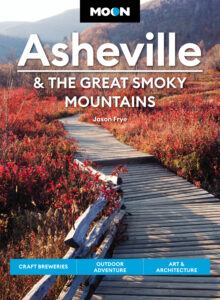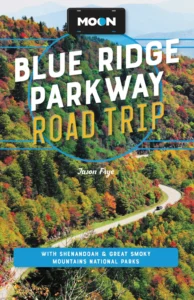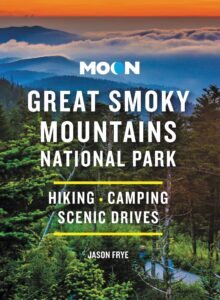Asheville
What the English country town of Bath was to Jane Austen’s 18th-century London, the mountain resort of Asheville (pop. 92,452) was to the pre-jet set, pre-air-conditioned Deep South. When summer heat and humidity became unbearable, the gentry headed here to stay cool while enjoying the city’s many grand hotels and elaborate summer homes.
The presence here of the world’s biggest vacation house, the Vanderbilt family’s Biltmore Estate (800/411-3812, daily, $69 and up summer), is proof of Asheville’s primary position in the old-school resort pantheon. The estate now covers 8,000 acres on the south side of town, though at the turn of the 20th century it covered 125,000 acres, stretching all the way up to today’s Blue Ridge Parkway. Surrounded by a series of flower gardens planned in part by Frederick Law Olmsted, the estate centers on a truly unbelievable French Renaissance-style mansion built in 1895. The 250 rooms hold everything from a palm court to Napoleon’s chess set to paintings by Renoir, Sargent, Whistler, and others. Signs aplenty direct you to the estate, which stands just north of the I-40 exit 50 off Biltmore Avenue, across from the shops and restaurants in Historic Biltmore Village, which originally housed the estate’s staff and workshops. It’s a true “model village,” designed in Gothic style by Richard Morris Hunt.
The rest of Asheville can’t compete with the nouveau riche excess of the Biltmore Estate, and, in fact, it’s a surprisingly homespun city, with a downtown commercial district filled with 1930s-era storefronts housing thrift stores and offbeat art galleries. One truly worthwhile place to see in downtown Asheville is the nondescript old boardinghouse where author Thomas Wolfe grew up from 1900 to 1920, preserved as it was when Wolfe lived here. The rambling house across from the beige modern Radisson Hotel is officially known as the Thomas Wolfe Memorial State Historic Site (52 N. Market St., 828/253-8304, Tues.-Sat., $5 adults). Unfortunately, the house suffered a major fire in 1998, but after restoration it is still one of the most evocative of all American literary sites. In the details and, more importantly, in general ambience, it’s identical to the vivid prose descriptions of the house he called “Dixieland,” the primary setting of his first and greatest novel, Look Homeward, Angel. After Wolfe’s death from tubercular meningitis in 1938, the house was made into a shrine to Wolfe by his family, who arranged it to look as it did during his youth; one room contains his desk, typewriter, and other mementos of his life and work. An adjacent museum tells more of his story.
Two blocks or so south of the Wolfe memorial, where Broadway becomes Biltmore Avenue, Pack Square Park is the center of Asheville, surrounded by the county courthouse, the city hall, a small art museum, and the public library. This is where Thomas Wolfe’s father ran a stonecutting shop, on whose porch stood the homeward-gazing angel, now recalled by a statue standing on the square’s southwest corner.
Asheville Practicalities
The streets around Pack Square hold many good places to eat. There are more good places around the magical, art deco-era Grove shopping arcade west of the square, and yet more cafés and bakeries line Biltmore Avenue south of Pack Square, where you’ll also find Asheville’s best nightlife. Try the nice outdoor dining area at Tupelo Honey Café (12 College St., 828/255-4863). The Orange Peel (101 Biltmore Ave., 828/398-1837) gets an enviable array of nationally known musicians in all genres (from Bob Dylan to the Flaming Lips), while the Fine Arts Theatre (36 Biltmore Ave., 828/232-1536, $10 adults) up the street shows the latest art-house releases. North of downtown, near the UNC-Asheville campus, good microbrews and $3 evening movies are available at Asheville Pizza and Brewing Co. (675 Merrimon Ave., 828/254-1281). Another location is downtown (77 Coxe Ave., 828/255-4077).
The usual chain hotels cluster along the interstates, and some more characterful, older, neon-signed motels line old US-70 between downtown and the Blue Ridge Parkway. For a true taste of Americana, you may prefer the classic 1930s Log Cabin Motor Court (330 Weaverville Hwy., 828/645-6546, $94 and up), off the I-26 freeway six miles north of Asheville.
When Vanderbilt types come to Asheville today, they probably stay at The Omni Grove Park Inn (290 Macon Ave., 828/252-2711 or 800/438-5800, $139 and up), east of I-26 and north of I-40 and I-240, a lovely rustic inn built in 1913. Newer wings contain the most modern four-star conveniences, but the original lodge boasts rooms filled with authentic Roycroft furniture, making the Grove Park a live-in museum of arts-and-crafts style. There’s also a plush Inn on Biltmore Estate (866/336-1245, $269 and up), for the full Biltmore Estate experience.
For further information on the Asheville area, contact the visitors center (36 Montford Ave., 828/258-6129).
Related Travel Guides
North Carolina Travel Map



